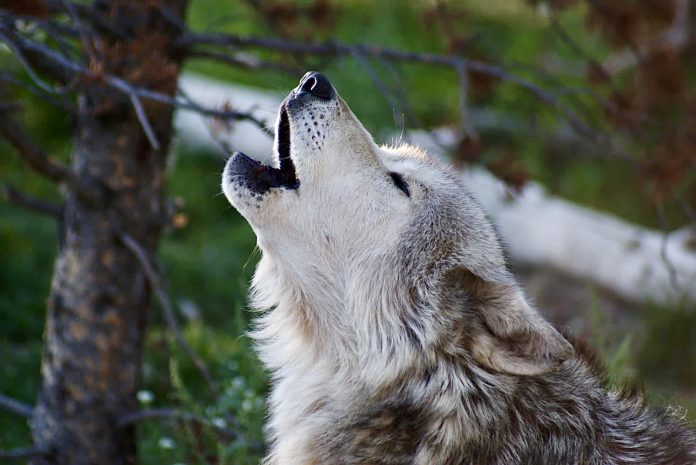
Array
Breaking! Montana Governor Greg Gianforte Illegally Trapped & Killed A Gray Wolf Outside Of Yellowstone National Park
You can help all animals and our planet by choosing compassion on your plate and in your glass. #GoVeg
RELATED ARTICLES
Banning Cruelty: New Legislation Aims To Ban Octopus Farming In The U.S.
New bipartisan legislation has just been introduced in the U.S. to ban commercial octopus farming and prohibit imports of farmed octopus from foreign countries.
The...
Outrage In Yellowstone! Grizzly Bear Killed By Wildlife Officials & Left With Head & Paws Cut Off
Photo by: Trisha McFarland / Cowboy State Daily
A photo of a dead grizzly bear with its head and paws cut off has caused an...
Inside Florida’s Illegal Horse Meat Trade: Undercover Footage Shows Racehorse Being Shot & Butchered
A heart-wrenching discovery of illegal horse slaughter has emerged, with video footage exposing the tragic killing of a racehorse named 'Funny Biz,' who was...
Popular stories
Industry News
70,000 Sheep Let Down After High Court Of South Africa Removes NSPCA’s Urgent Plea To Stop Their Live Export To Kuwait
The National Council of SPCAs (NSPCA) confirmed last week that an urgent application to the High Court of South Africa had been launched to stop...
News
14 Rehabilitated Bonobos Are Returned To The Wild In The Congo; This Is The Second Time In History This Has Happened For The Endangered...
Photos By: Friends of Bonobos
Fourteen bonobos have successfully been returned back into the wild in the Democratic Republic of the Congo. This marks the second...
Healthy Living
WAN Exclusive With Vincent DePaul Of Gangster Vegan Organics Who Is Feeding Thousands During The Pandemic With His ‘Feeding The Block‘ Campaign
Photos from: Vincent DePaul and Gangster Vegan Organics
Once a week in Norristown, Pennsylvania, and surrounding neighborhoods, Vincent DePaul, Founder of Gangster Vegan Organics Restaurants,...


